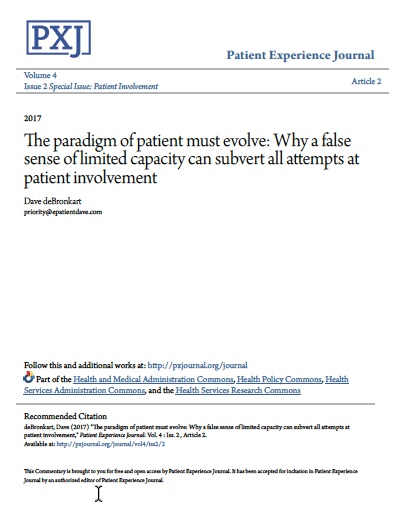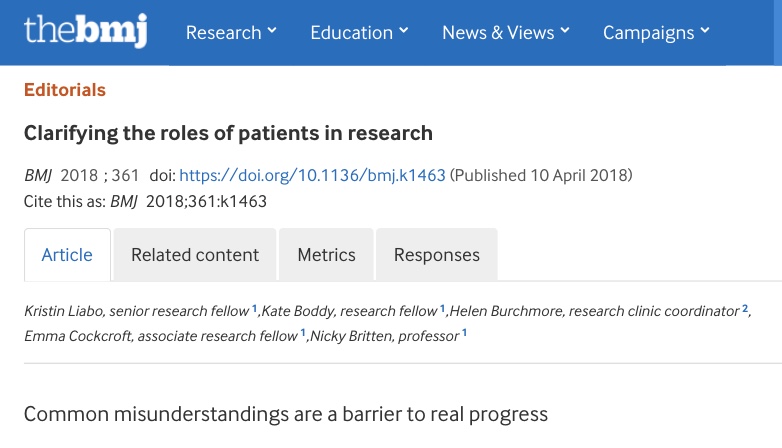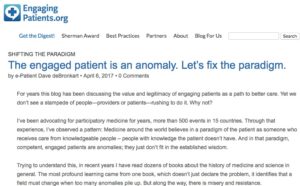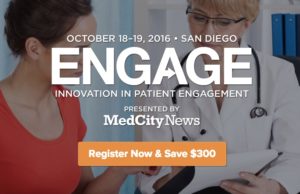 Several of you have commented that I started a series this spring on the evolution of my business and my advocacy over the past eight years, and then it stopped. Well, it hasn’t stopped, but the work itself has collided with the reporting about it.
Several of you have commented that I started a series this spring on the evolution of my business and my advocacy over the past eight years, and then it stopped. Well, it hasn’t stopped, but the work itself has collided with the reporting about it.
I have a new essay, just published today, in Patient Experience Journal, which brings together a ton of interwoven issues I’ve been reading and thinking about: The paradigm of patient must evolve: Why a false sense of limited capacity can subvert all attempts at patient involvement. It’s in that journal’s first Special Issue, devoted to patient involvement in producing healthcare.



 I keep seeing patterns of thought that I frankly think are pretty benighted. With luck, shedding some light on them will help. This one is so STUCK in darkness that I’ve decided to publish a little series on the subject.
I keep seeing patterns of thought that I frankly think are pretty benighted. With luck, shedding some light on them will help. This one is so STUCK in darkness that I’ve decided to publish a little series on the subject.
